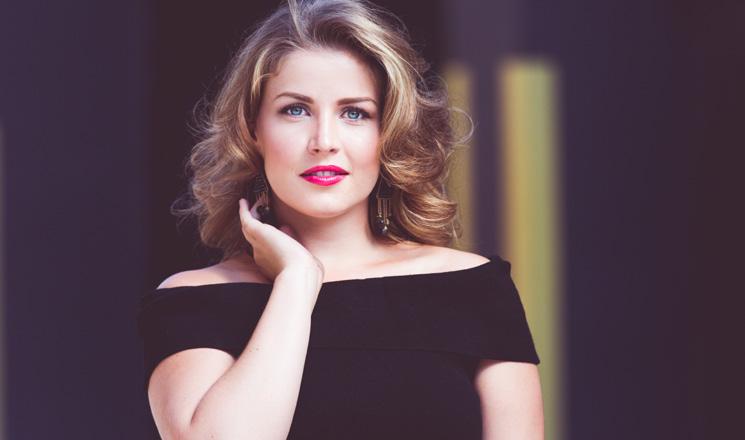
3 minute read
Mozart's Magic Flute on Saturday
SUPPLEMENT TO THE ASPEN TIMES
Mozart’s Magic Flute on Saturday
Advertisement
SHANNON ASHER
Festival Focus Writer
The Aspen Opera Theater Center and VocalARTS (AOTVA) program will mount a special version of Mozart’s The Magic Flute at the Benedict Music Tent this Saturday evening at 7 pm. The performance will be sung by the young singers of the program, conducted by Patrick Summers, directed by Edward Berkeley, and narrated by Renée Fleming. It will also be livestreamed free at aspenmusicfestival.com/virtual-stage.
Abridged and semi-staged, this version was created by Berkeley and Summers to fit the Aspen Music Festival and School’s 2021 90-minute window for safety in performance. “Making sure it worked musically within the limitation of time was the first consideration,” says Berkeley. After that, Berkeley’s task was to find a way to keep the connection to the story and to “keep something buoyant happening.”
The answer was an original narration, saturated with Berkeley’s signature sharp wit, and to be performed by none other than Fleming, who is co-artistic director of the AOTVA program along with Summers.
Berkeley points out that even though abridged, “it is The Magic Flute, still,” and notes there will be a “playfulness in the staging” and “a certain loosey-goosey-ness” to retain the joy and whimsy for which Mozart’s beloved work is so well-known.
Set in ancient Egypt, the story centers around Tamino, a young prince who enters a quest to win the hand of the princess, Pamina. Her mother, the Queen of the Night, is ruthless in her determination to keep them apart, though ultimately love triumphs.
This part-myth, part-fairy tale focuses on themes of love and good versus evil. Sarah Vautour, a soprano studying at the AOTVA, will be singing the formidable role of Queen of the Night, a part known for having some of the highest notes sung in all of opera.
One might describe the Queen of the Night as an overprotective mother who goes too far. She would do anything to protect her daughter, Pamina. “I am definitely looking forward to playing the ‘evil’ character in an opera for once, being that in most of my repertoire, I am playing the ingenue,” Vautour says. “The Queen of the Night is a powerful and awesome force to be reckoned with. It is so exciting to sing one of the most famous roles in opera history. Even if you aren’t an opera fan, one can pretty much guarantee that you will recognize the melody of her key aria, ‘Der Hölle Rache.’ That aria is like a rock song. It’s impossible to have a bad time listening to it.”
Vautour’s first leading role in Aspen came at the young age of 20 when she sang the role of Mozart/Donna Anna in AMFS’s production of Steven Stucky’s The Classical Style.

Sarah Vautour, a soprano studying this summer in the Aspen Opera Theatre and VocalARTS program with Renée Fleming and Patrick Summers, sings the unforgettable role of the Queen of the Night.
She is thrilled to be returning to Aspen for her third summer. “It truly is such an inspirational, artistic oasis. The way the mountains clear your head and heart leaves you open to creativity and inspiration. Seeing the mountains every morning reminds me of how awesome it is to be human and living in a world where we connect with each other through vibration and energy.”
On studying with Fleming and Summers, Vautour says, “Renée Fleming’s ability to cut through the excess and really hone in on what is important for the singer’s growth and what is crucial for the industry as a whole is such a gift. To learn from her is a once-in-a-lifetime opportunity.”
She adds, “I’m amazed at Maestro Summers’s ability to balance striving for excellence within a deep and compassionate acknowledgment of humanity.”
That approach is one Vautour shares. “I think the most amazing thing about this job is that it requires that I wake up every day and ask myself what it looks like to be the most authentic and open-hearted versionof myself,” she says. “And from there, how I can bring that to my voice, performance, and audience in a way that expresses our shared humanity. There is a very special bond between performer and audience. The energy we exchange through sound and through silence during performance is something I really felt the lack of during the pandemic, and something I will never take for granted again. It is such a gift to serve the world through connection.”
FESTIVALFOCUS
YOUR WEEKLY CLASSICAL MUSIC GUIDE




